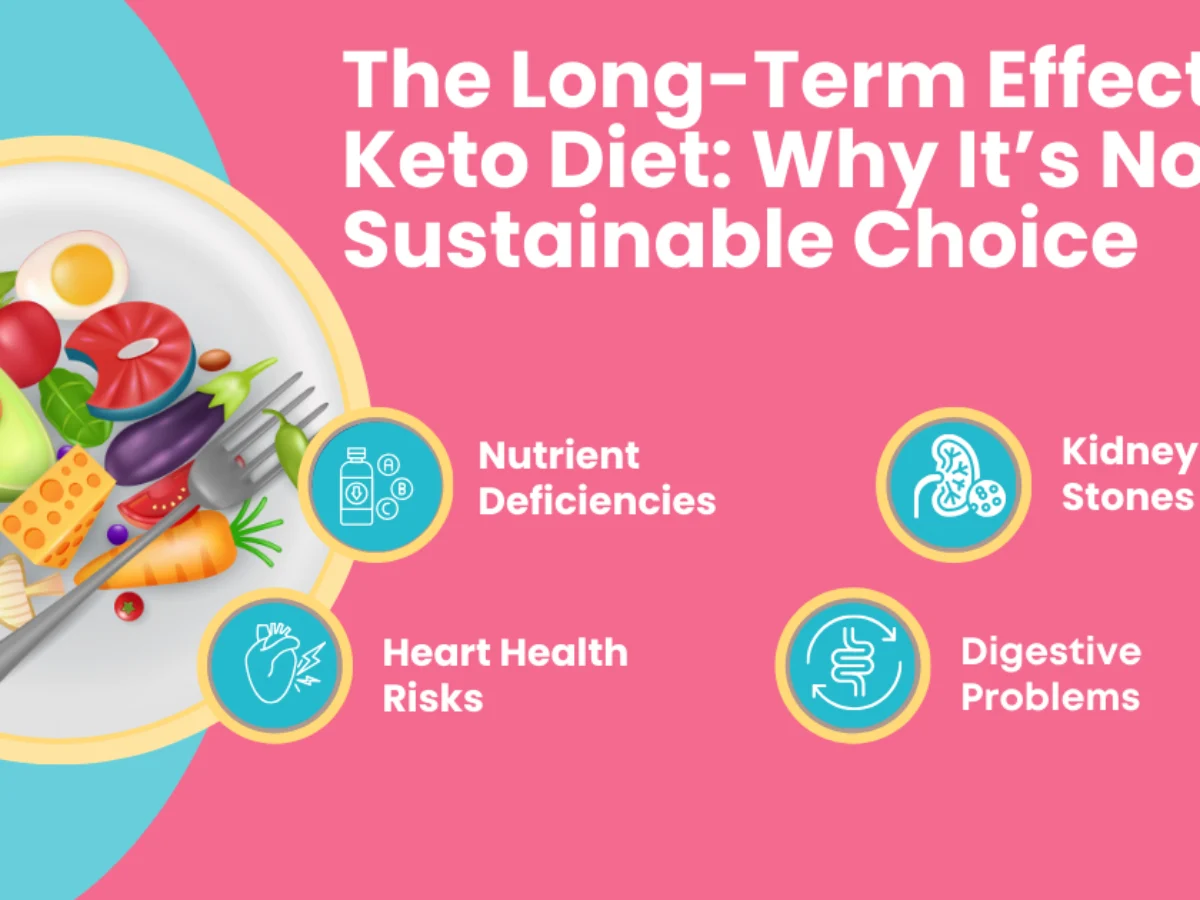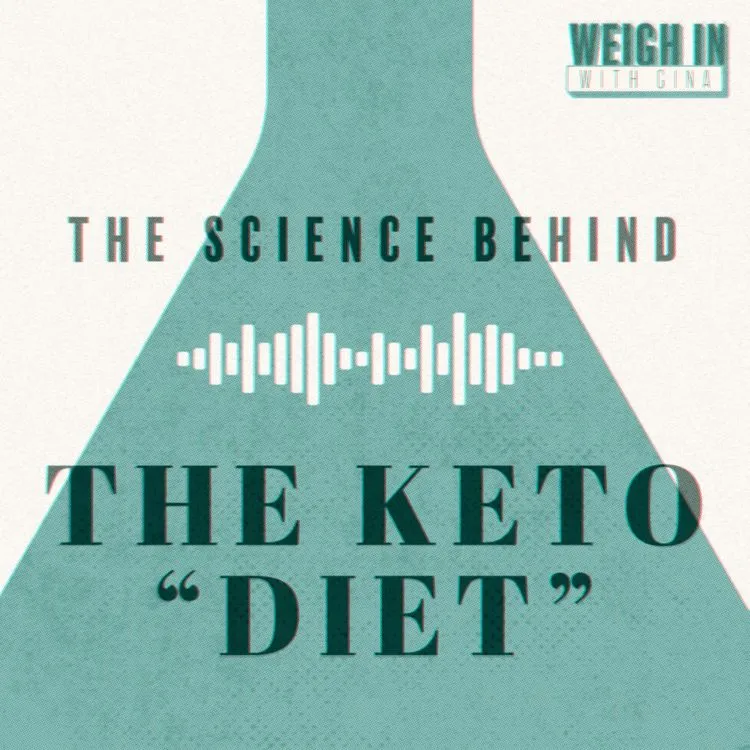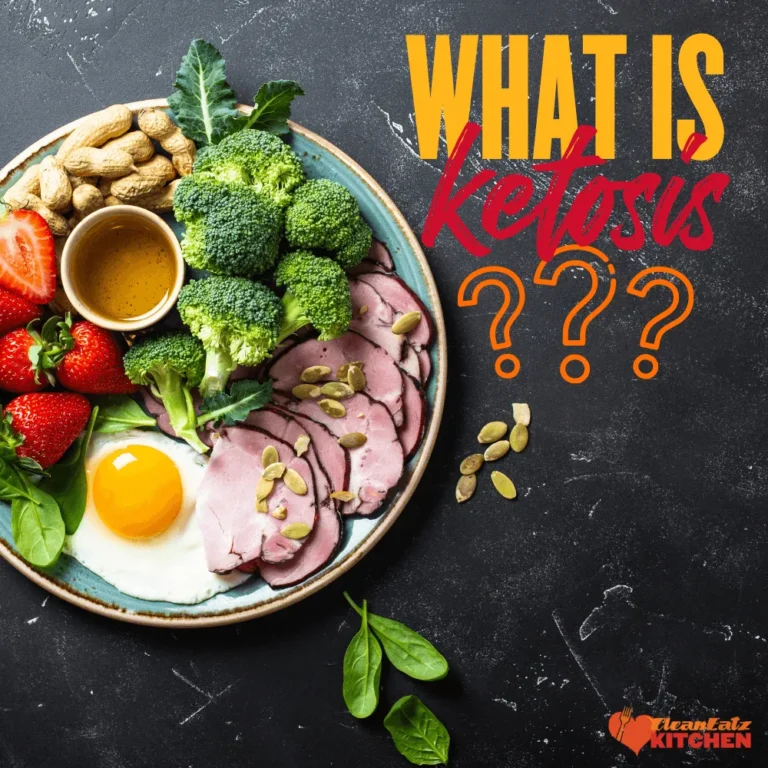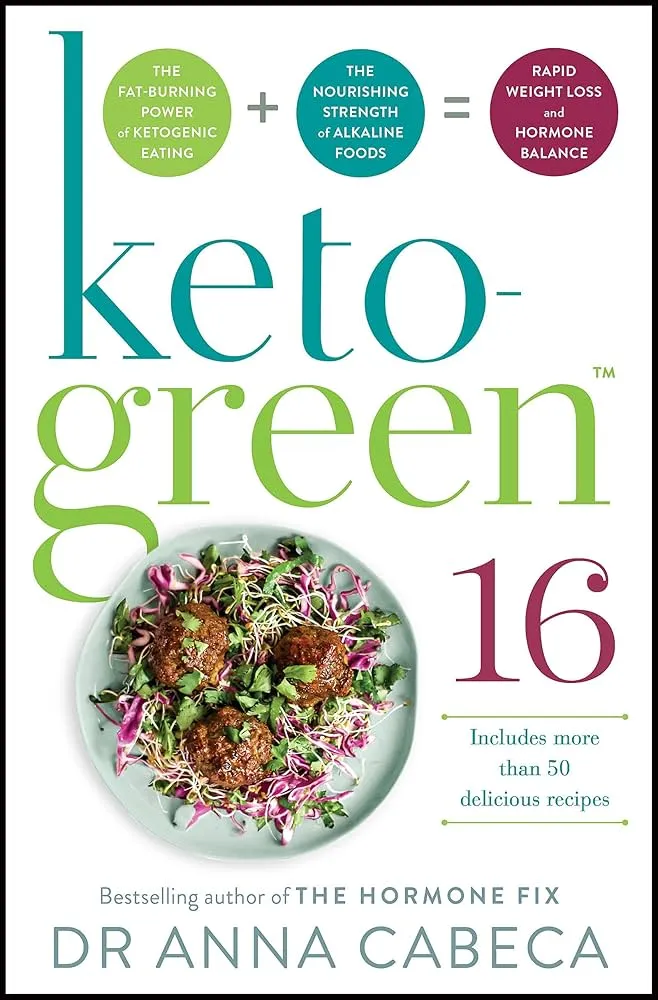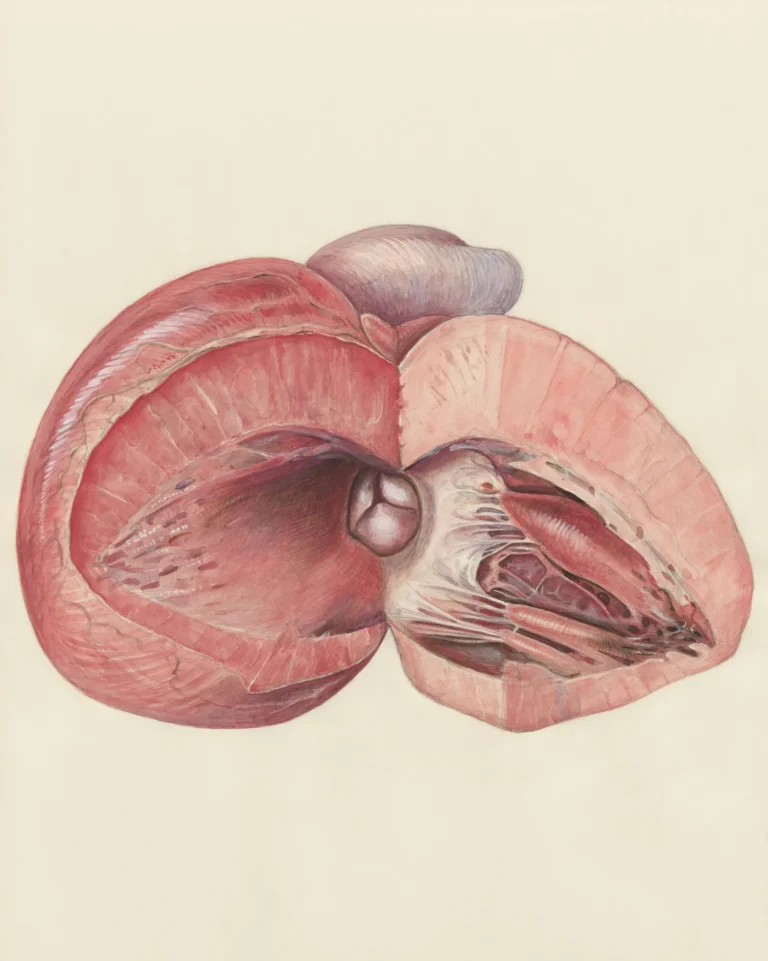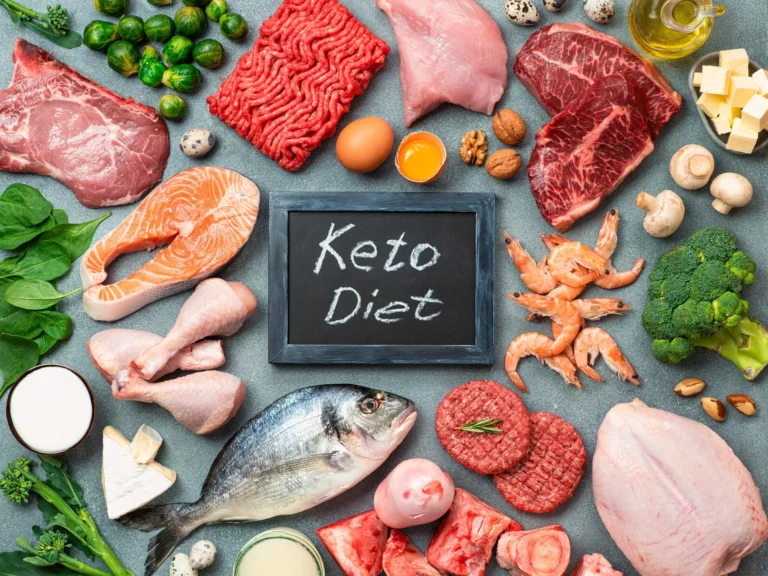The Risks of Nutrient Deficiencies on a Keto Diet and How to Prevent Them
The Risks of Nutrient Deficiencies on a keto diet and How to Prevent Them
The ketogenic diet, or keto diet, has gained popularity in recent years for its potential weight loss benefits and ability to improve certain health conditions. This high-fat, low-carb diet involves drastically reducing carbohydrate intake and replacing it with fats, which puts the body into a state of ketosis. While the keto diet can be effective for weight loss and improving certain health markers, it also comes with risks of nutrient deficiencies if not followed properly. In this article, we will explore the potential risks of nutrient deficiencies on a keto diet and provide strategies to prevent them.
Understanding Nutrient Deficiencies on a keto diet
The keto diet restricts carbohydrate intake, which means that many nutrient-dense foods such as fruits, legumes, and whole grains are limited or eliminated from the diet. While the keto diet allows for some vegetables and leafy greens, it can be challenging to get all the essential nutrients the body needs to function optimally. Some of the common nutrients that may be lacking on a keto diet include:
1. Fiber: Since the keto diet limits carbohydrate intake, fiber intake may be reduced as well. Fiber is crucial for digestive health and can help prevent constipation and promote satiety.
2. Vitamins and minerals: Fruits and vegetables are rich sources of vitamins and minerals, including vitamin C, vitamin K, potassium, and magnesium. Without these foods in the diet, deficiencies in these nutrients may occur.
3. Antioxidants: Fruits and vegetables are also important sources of antioxidants, which help protect the body against oxidative stress and inflammation. Without these foods, the body may be more susceptible to chronic diseases.
4. Electrolytes: On a keto diet, the body excretes more water and electrolytes, which can lead to imbalances in sodium, potassium, and magnesium. These electrolytes are essential for proper muscle function, nerve function, and hydration.
5. Omega-3 fatty acids: While the keto diet is high in fats, it may not always provide enough omega-3 fatty acids, which are important for brain health, heart health, and reducing inflammation.
Preventing Nutrient Deficiencies on a keto diet
While the keto diet can be restrictive in terms of certain food groups, there are ways to prevent nutrient deficiencies and ensure that you are getting all the essential nutrients your body needs. Here are some strategies to consider:
1. Include a variety of low-carb vegetables: While some vegetables are higher in carbohydrates, there are still plenty of low-carb options available on a keto diet. Include a variety of leafy greens, cruciferous vegetables, and other low-carb vegetables to ensure you are getting a range of vitamins and minerals.
2. Choose nutrient-dense fats: Since fats are a major component of the keto diet, it is important to choose healthy, nutrient-dense fats such as avocados, nuts, seeds, and olive oil. These fats provide essential nutrients and can help prevent deficiencies.
3. Consider supplements: If you are unable to get all the essential nutrients you need from food alone, consider taking supplements to fill in the gaps. Some common supplements to consider on a keto diet include a multivitamin, omega-3 fatty acids, vitamin D, and electrolyte supplements.
4. Stay hydrated: Proper hydration is essential on a keto diet, especially since the body excretes more water and electrolytes. Drink plenty of water throughout the day and consider adding electrolytes to your water to prevent imbalances.
5. Monitor your nutrient intake: Keep track of the foods you are eating and consider using a food tracking app to ensure you are meeting your nutrient needs. If you are consistently falling short on certain nutrients, consider adjusting your diet or adding supplements as needed.
FAQs
Q: Can you get enough fiber on a keto diet?
A: While the keto diet is low in carbohydrates, there are still plenty of low-carb sources of fiber available such as leafy greens, nuts, seeds, and low-carb vegetables. It may require some planning and creativity, but it is possible to get enough fiber on a keto diet.
Q: Do I need to take supplements on a keto diet?
A: While it is possible to get all the essential nutrients you need from food alone on a keto diet, some individuals may benefit from taking supplements to fill in the gaps. Consider talking to a healthcare provider or nutritionist to determine if you need supplements on a keto diet.
Q: How can I prevent electrolyte imbalances on a keto diet?
A: To prevent electrolyte imbalances on a keto diet, make sure you are staying hydrated and consuming foods rich in electrolytes such as leafy greens, nuts, seeds, and avocados. You may also consider adding electrolyte supplements to your water to ensure you are getting enough sodium, potassium, and magnesium.
Q: What are some nutrient-dense fats to include on a keto diet?
A: Some nutrient-dense fats to include on a keto diet include avocados, nuts, seeds, olive oil, coconut oil, and fatty fish. These fats provide essential nutrients such as omega-3 fatty acids, vitamin E, and monounsaturated fats that are important for overall health.
In conclusion, while the keto diet can be effective for weight loss and improving certain health conditions, it also comes with risks of nutrient deficiencies if not followed properly. By including a variety of low-carb vegetables, choosing nutrient-dense fats, considering supplements, staying hydrated, and monitoring your nutrient intake, you can prevent nutrient deficiencies on a keto diet and ensure that you are getting all the essential nutrients your body needs to function optimally. If you have any concerns about nutrient deficiencies on a keto diet, consider talking to a healthcare provider or nutritionist for personalized guidance and recommendations.

